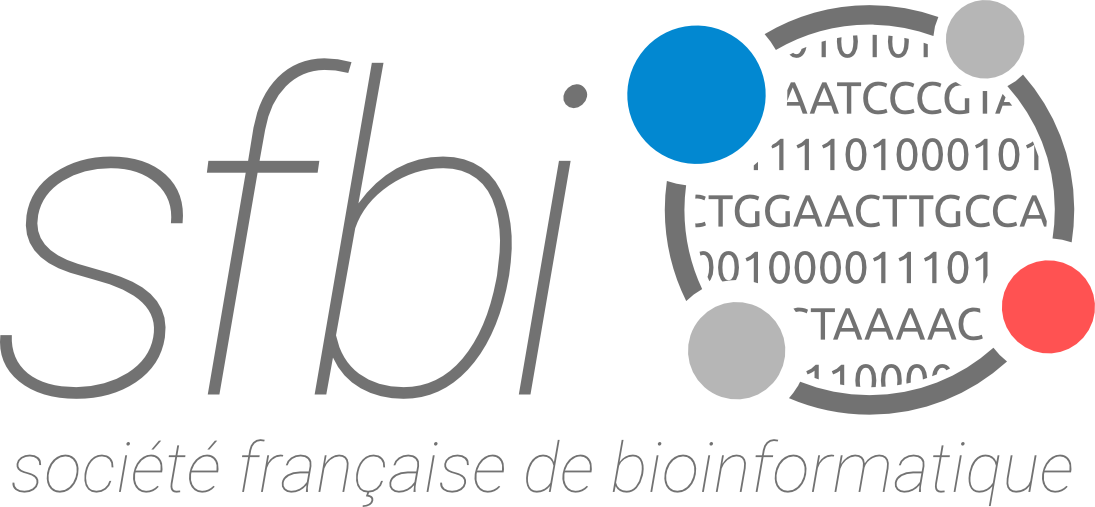Data analyst for the development of workflows for circulating cell-free DNA and long-fragments
CDD · Postdoc · 18 mois Bac+8 / Doctorat, Grandes Écoles CNRGH · EVRY (France) selon experience
Date de prise de poste : 1 septembre 2021
Mots-Clés
EASI-Genomics Bioinformatics Data Analysis Circulating Cell Free DNA Longread Fragements Oxford Nanopore
Description
The National Human Genome Research center (CNRGH) is a department of the CEA, which enables a response to scientific questions necessitating high throughput sequencing and genotyping thanks to the development and deployment of innovative integrated technologies. The organization of the CNRGH enables optimization of genetic and genomic research on human diseases by creating indispensable links between cohort constitution (DNA samples), identification of the responsible genes, and study of the transcriptome and epigenome. The CNRGH has been instrumental in the development of the Plan France Médecine Génomique 2025 initiative.
The EASI-Genomics consortium (https://www.easi-genomics.eu/) has directly evolved from the ESGI (European Sequencing and Genotyping Infrastructure – EU FP7 2007-2013 Infrastructure Project, project number 262055). Eight ESGI partners are now members of this consortium, while another eight partners with complementary expertise have joined EASI-Genomics and will ensure the former joint infrastructure reaches the next level in its implementation. The mission of EASI-Genomics is to provide easy and seamless transnational access to cutting-edge DNA sequencing technologies to researchers from academia and industry, within a framework that ensures compliance with ethical and legal requirements, as well as FAIR and secure data management. In addition, EASI-Genomics will develop new wetlab (WP6) and drylab (WP7) methodologies that will be implemented within the consortium before being deployed to the broader scientific community.
As coordinator of WP6 (Developing laboratory methods), the CNRGH along with EASI-Genomics partners will develop methodologies and pipelines to analyze short-read Illumina sequencing data of circulating cell-free DNA and long-read Oxford Nanopore sequencing data. We are looking for two bioinformaticians to develop and optimize pipelines for data processing including variant detection and statistical analyses in either short or long reads.
• PhD in Bioinformatics, Data analysis, or Computational biology
• Processing of NGS sequencing data • Experience in the manipulation of large scale data sets
• Good knowledge of standard programming languages: python, PERL, bash or R
• Familiar with Versioning Systems (Git, svn)
• Knowledge in molecular biology
• Knowledge of statistical methods
• Fluent in English and/or French
• Excellent written and oral communication skills
Candidature
Procédure : Applications must be sent to Jean-François Deleuze (deleuze@cng.fr) and Steven McGinn (mcginn@cng.fr) including a CV, cover letter and the names and e-mail addresses of three referees.
Date limite : 31 mai 2021
Contacts
CEA/CNRGH (91057)
mcNOSPAMginn@cng.fr
Offre publiée le 5 mai 2021, affichage jusqu'au 1 juin 2021
